SUMMARY
This is AI generated summarization, which may have errors. For context, always refer to the full article.
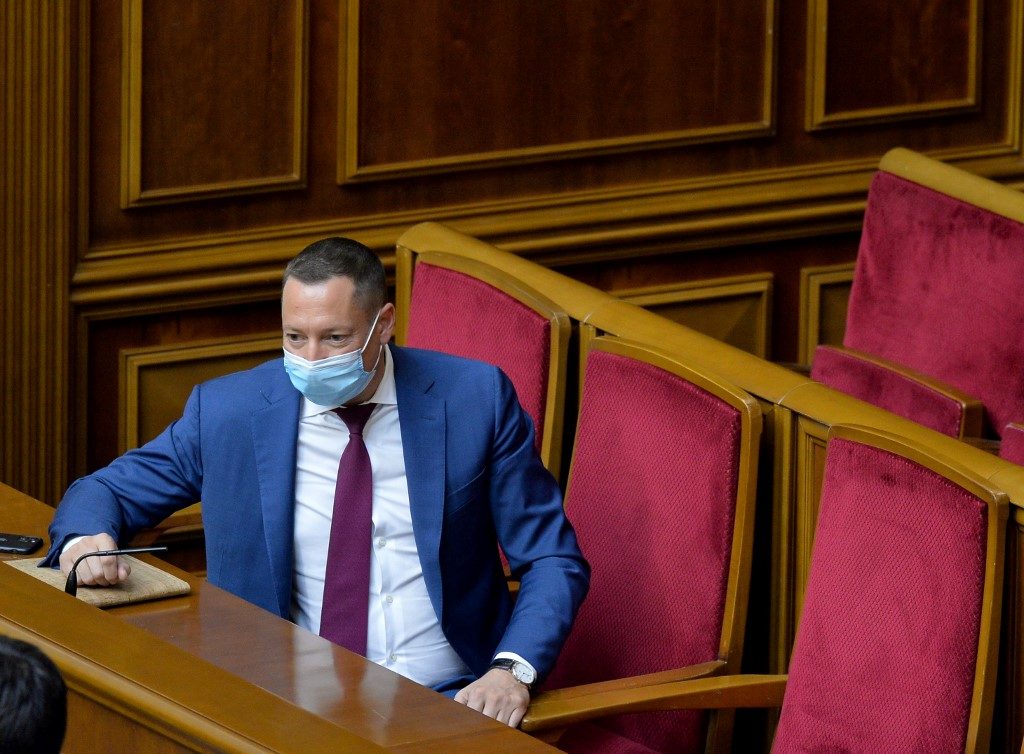
Ukraine’s parliament on Thursday, July 16, appointed a new central bank governor after his predecessor’s resignation citing political pressures prompted concerns among Western investors over the bank’s independence.
A majority of lawmakers appointed Kyrylo Shevchenko, 47, after his candidacy was put forward by President Volodymyr Zelensky.
Shevchenko, the former head of Ukrgasbank, a large state-owned lender, had ahead of the vote promised to preserve the central bank’s independence.
He also told lawmakers he would “not allow uncontrolled inflation,” addressing a key concern among economists and Ukraine’s Western backers.
The International Monetary Fund (IMF) and the international business community expressed deep concern after the former governor Yakiv Smoliy resigned earlier this month citing political pressure.
In a speech in parliament, Smoliy accused Zelensky along with lawmakers and the prime minister of pushing for “uncontrolled printing of money for the government.”
He said he was told to let inflation rise and the national currency devalue to benefit exporters.
The IMF on Tuesday, July 14, reiterated to Ukrainian authorities that the independence of the central bank was an important condition for its financial assistance.
In June the IMF unblocked $2.1 billion worth of aid under a new $5-billion plan to help Ukraine.
Independence under question
The American Chamber of Commerce said the “business community expects that the new Governor of the National Bank will maintain…independence.”
A source in banking circles told Agence France-Presse that Shevchenko’s “reputation is ok,” but his “independence is under question.”
Analysts urged caution over his appointment ahead of the vote, saying the new bank chief had an unproven track record.
“Not many people know much about him,” Timothy Ash, a London-based economist and Ukraine expert, tweeted on Wednesday, July 15.
He is “not proven as a reformer. No one really knows where he stands on key issues,” Ash added.
Ash said that in the end Shevchenko “will be judged by whether he is willing to stand up to” Igor Kolomoisky, Ukraine’s top tycoon who has been mired in a legal battle with the authorities over control of the country’s largest lender, PrivatBank.
Earlier, Smoliy’s leadership of the central bank came under attack from a group of lawmakers, mainly MPs from the ruling party of Zelensky who are considered close to Kolomoisky.
Sergiy Fursa, an investment banker at Dragon Capital, said he believes that Zelensky “chose the path of a dependent central bank” by choosing Shevchenko, formerly an adviser to Yulia Tymoshenko when she was prime minister.
“The wishes of the president’s office will be a priority,” Fursa wrote on Facebook.
“This will all end badly. Not now. Not right away,” he added.
He predicted a “pause” in Ukraine’s relationship with the IMF, because “the trust is completely lost.”
Dmytro Boyarchuk, chief executive officer of CASE, a non-governmental organization that works on macroeconomic policy forecasts, called Shevchenko’s appointment “a huge step back” and a “red flag” for investors.
Ahead of the pandemic, the Ukrainian economy had barely started to recover after Russia’s 2014 annexation of Crimea and the outbreak of war with Moscow-backed separatists in the east.
The ex-Soviet nation with a population of 40 million is one of the poorest countries in Europe. – Rappler.com
Add a comment
How does this make you feel?
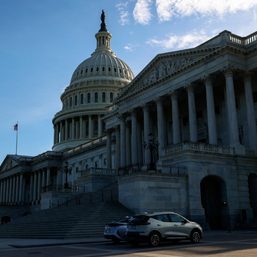
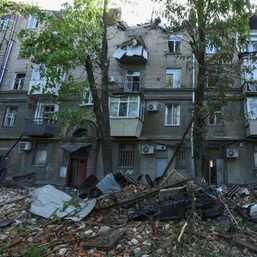

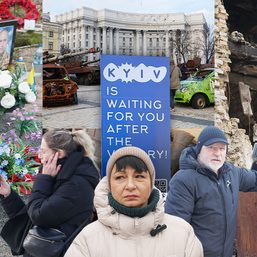
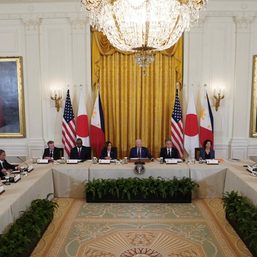
There are no comments yet. Add your comment to start the conversation.